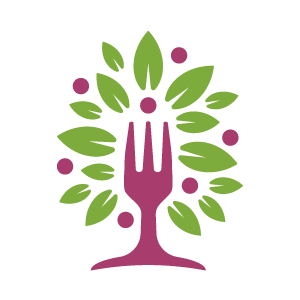Effects of Daylight Saving Time Changes on our Health

posted 27th October 2023

A compilation of heart shapes and clock faces in autumnal colours
This weekend sees the end of Daylight Saving Time when the clocks are turned back by one hour, and most of us welcome that extra hour in bed! However, this seemingly small time change can wreak havoc with our internal biological clock, having consequences for our overall patterns of sleep, mood changes, energy levels, inflammation and even impact food cravings.
Our internal clock is known as our circadian rhythm, and this is how every cell in our body keeps track of time. Changes in our daily patterns can trigger stress in our brains and cause sleep deprivation, disorientation and memory loss or brain fog. Research has also linked the twice-yearly desynchronisation of our body clocks to health risks such as obesity, depression, heart attacks, cancer and even motor vehicle accidents.
The clock change at this time of year is further compounded by an overall reduction in daylight hours and longer nights. Daylight is an important factor in making serotonin (our happy hormone), which boosts our mood and promotes feelings of calm and focus. At night time, we convert our serotonin to melatonin, which is needed to help us sleep well. Changes to our daylight exposure can, therefore, affect our sleep cycle and sleep quality.
There are, however, several things we can do to help mitigate these changes and help us through this period of transition.
Maintain a Consistent Sleep Schedule - Before the clocks change, try to gradually move your sleep/wake schedule in the same direction to slowly change the effect. Then try and maintain consistent sleep/wake times throughout the week, even at weekends. This helps regulate your internal clock.
Maintain a Healthy Diet - Nutrition plays a vital role in regulating sleep, mood and overall health. Avoid excess caffeine, especially in the evenings and swap to healthier herbal teas. Chamomile, lavender and lemon balm are great for promoting calm and sleep. Avoid heavy, carbohydrate-laden meals before bed and try to include foods rich in tryptophan, an amino acid needed to make serotonin.
Get Outdoors - Try to get natural daylight onto your eyes as soon as you can in the morning and maximise daylight exposure through the day. Even a short walk outside during your lunch hour can make a big difference.
Physical Exercise - Aim for at least 30 minutes of physical exercise each day. This improves sleep, mood and overall health and can range from small incremental changes like taking the stairs or walking to work to participating in classes such as yoga and pilates or more active forms such as jogging or dancing! The most important thing is to pick something you enjoy.
Genetic testing can provide lots of valuable information about circadian rhythm and levels of serotonin and melatonin within the body. Because we are all so different, we have genes which govern our circadian rhythm in different ways. For example, some genetic variants mean we are more “night owls” and others “early birds”. Some of us make serotonin and melatonin more easily than others. Understanding these genetic variations can often give us a much greater insight into how to manage issues such as poor sleep, low mood, jet lag and clock changes.
For more information on genetic testing or nutritional therapy, please get in touch and book a free Discovery Call!


